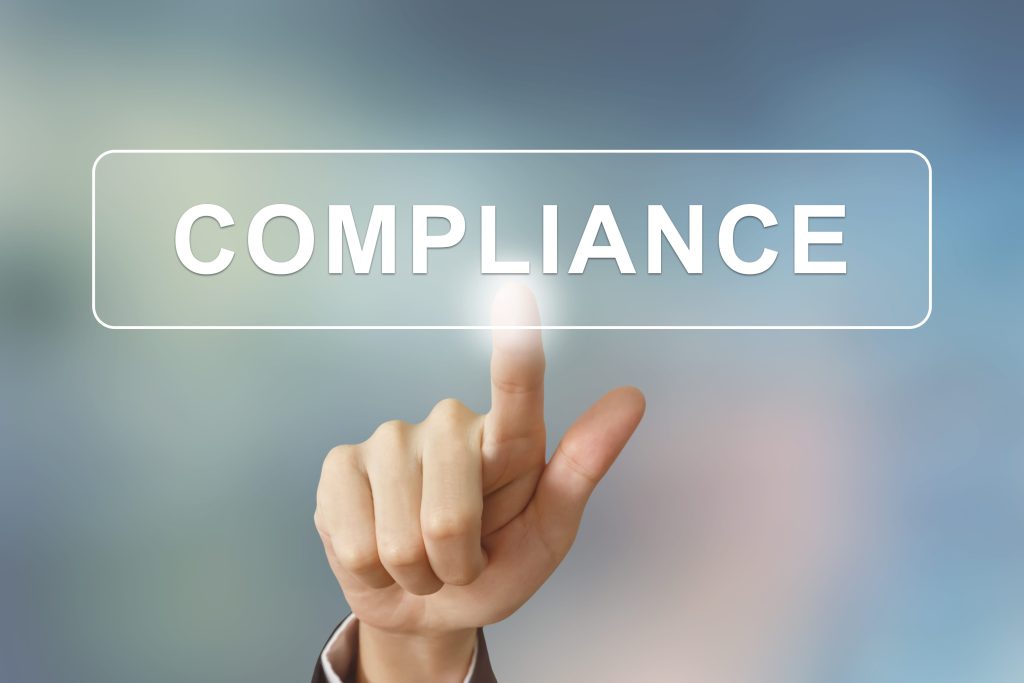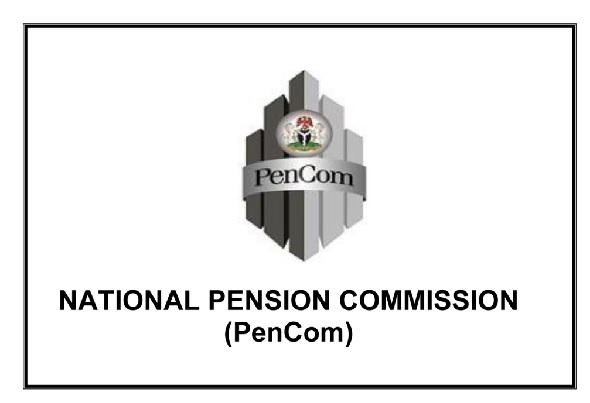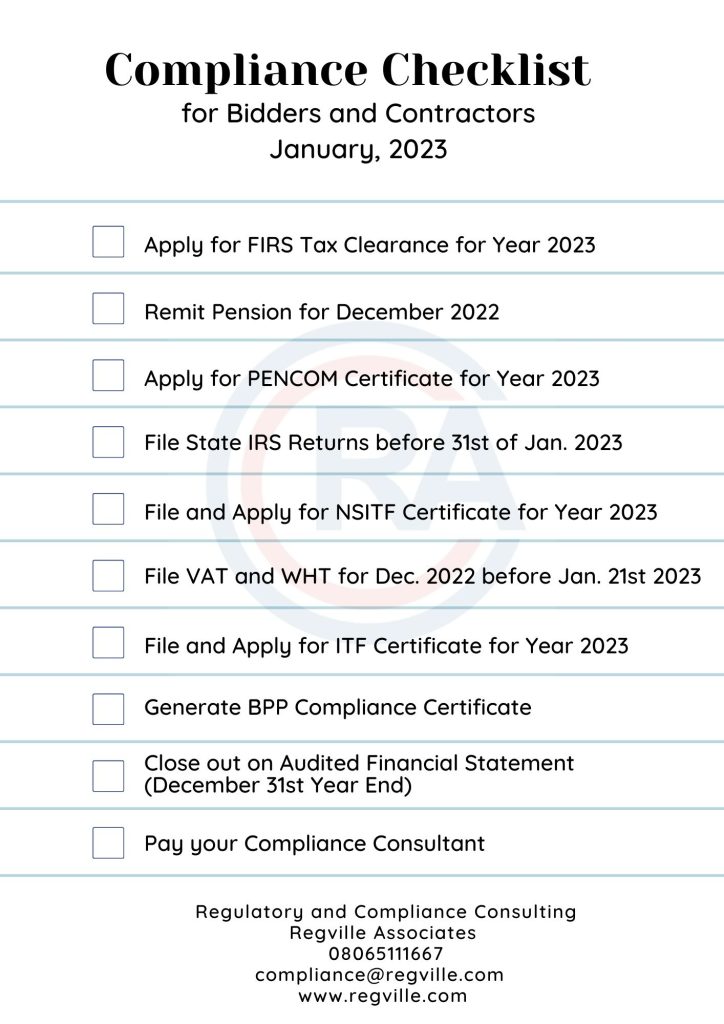
An audited financial statement is an important document that provides an independent, objective assessment of a company’s financial health. When reviewing an audited financial statement, there are several key items to take note of, including:
1. FINANCIAL STATEMENTS: The financial statements, including the balance sheet, income statement, and cash flow statement, provide an overview of a company’s financial position, financial performance, and liquidity.
2. AUDITOR’S OPINION: The auditor’s opinion, which is included in the audited financial statement, provides insight into the level of assurance the auditor has that the financial statements are free from material misstatements.
3. NOTES TO THE FINANCIAL STATEMENTS: The notes to the financial statements provide additional information that is important for understanding the financial statements. This can include information on accounting policies, significant transactions, and contingencies.
4. MANAGEMENT DISCUSSION AND ANALYSIS (MD&A): The MD&A is a narrative discussion of a company’s financial performance and provides context for the financial statements.
5. CHANGES IN ACCOUNTING POLICIES: Changes in accounting policies can significantly impact financial statements. It’s important to understand the reasons for any changes and how they affect the financial statements.
6. TRENDS AND RATIOS: Trends and ratios, such as revenue growth, profit margins, and debt-to-equity ratios, can provide valuable insights into a company’s financial performance and health.
It’s important to take note of these items because they provide important information about a company’s financial health and performance. This information can be used to make informed investment decisions, evaluate the risk of lending money to the company, or assess the company’s overall financial stability. An audited financial statement can also be used to identify potential fraud or mismanagement.
Regville Associates offers end-to-end legal, tax and compliance service for companies. We assist Companies in becoming and staying regulatory compliant.
Feel free to contact us.
Tolulope Oguntade Regville Associates info@regville.com 08065111667



